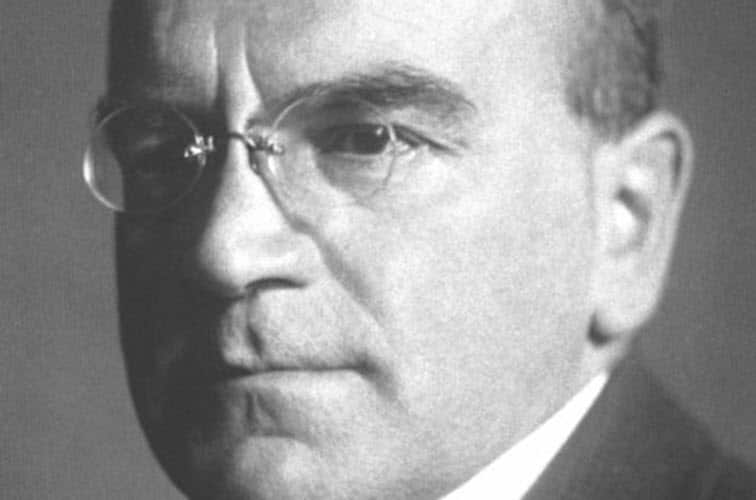Heinrich Otto Wieland, (4 June 1877 – 5 August 1957) a renowned German chemist, made significant contributions to the field of organic chemistry during the early 20th century.
Life and Career
He was born on 4 June 1877, in Pforzheim, Germany. He began his academic journey at the University of Munich, where he studied chemistry under the guidance of eminent chemists such as Johannes Thiele and Johannes Wislicenus. During his time at the university, Wieland’s exceptional intelligence and dedication became apparent, and he quickly gained recognition for his academic achievements.
After completing his doctoral studies, Wieland embarked on a remarkable career that spanned several prestigious institutions. He held positions at renowned universities, including the University of Munich, the University of Freiburg, and the University of Basel.
His research focused primarily on the field of organic chemistry, with a particular emphasis on the study of natural products. His groundbreaking work in this area led to numerous significant discoveries, including the isolation and characterization of various organic compounds, such as cholesterol, bile acids, and vitamin K.
His most notable achievements were his elucidation of the structure of cholesterol, a groundbreaking accomplishment that shed light on the complex nature of organic molecules. This discovery laid the foundation for further advancements in the understanding of lipid metabolism and its impact on human health.
He died on 5 August 1957, in Starnberg, Germany.
Award and Legacy
In 1927, he was awarded the prestigious Nobel Prize in Chemistry for his research on the constitution of bile acids and related substances.
His contributions to the scientific community extend far beyond his groundbreaking research. His legacy lies in his unwavering dedication to advancing knowledge and inspiring future generations of scientists.
Wieland’s research laid the groundwork for further exploration in the fields of organic chemistry, biochemistry, and pharmaceuticals. His discoveries continue to influence scientific advancements, particularly in the areas of lipid metabolism and the development of life-saving drugs.

